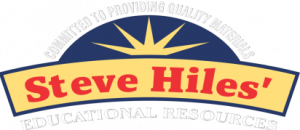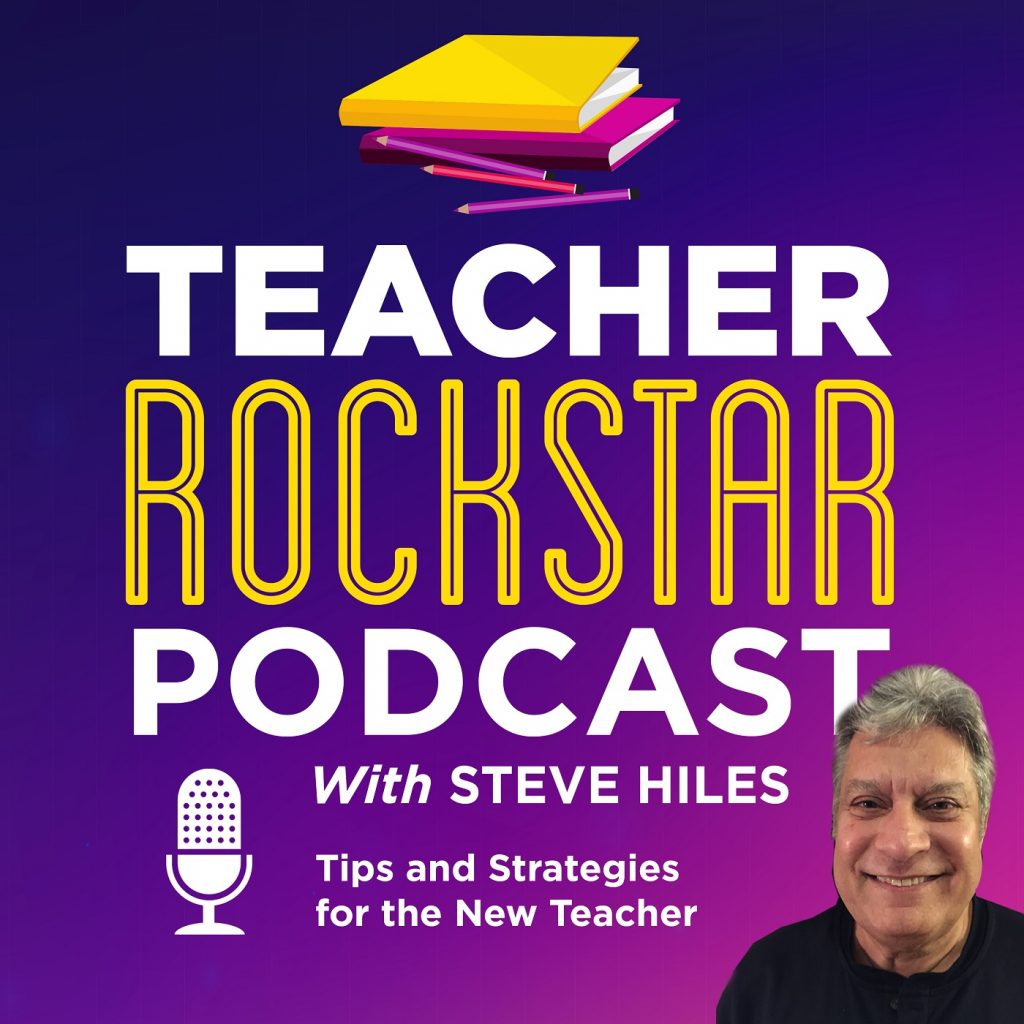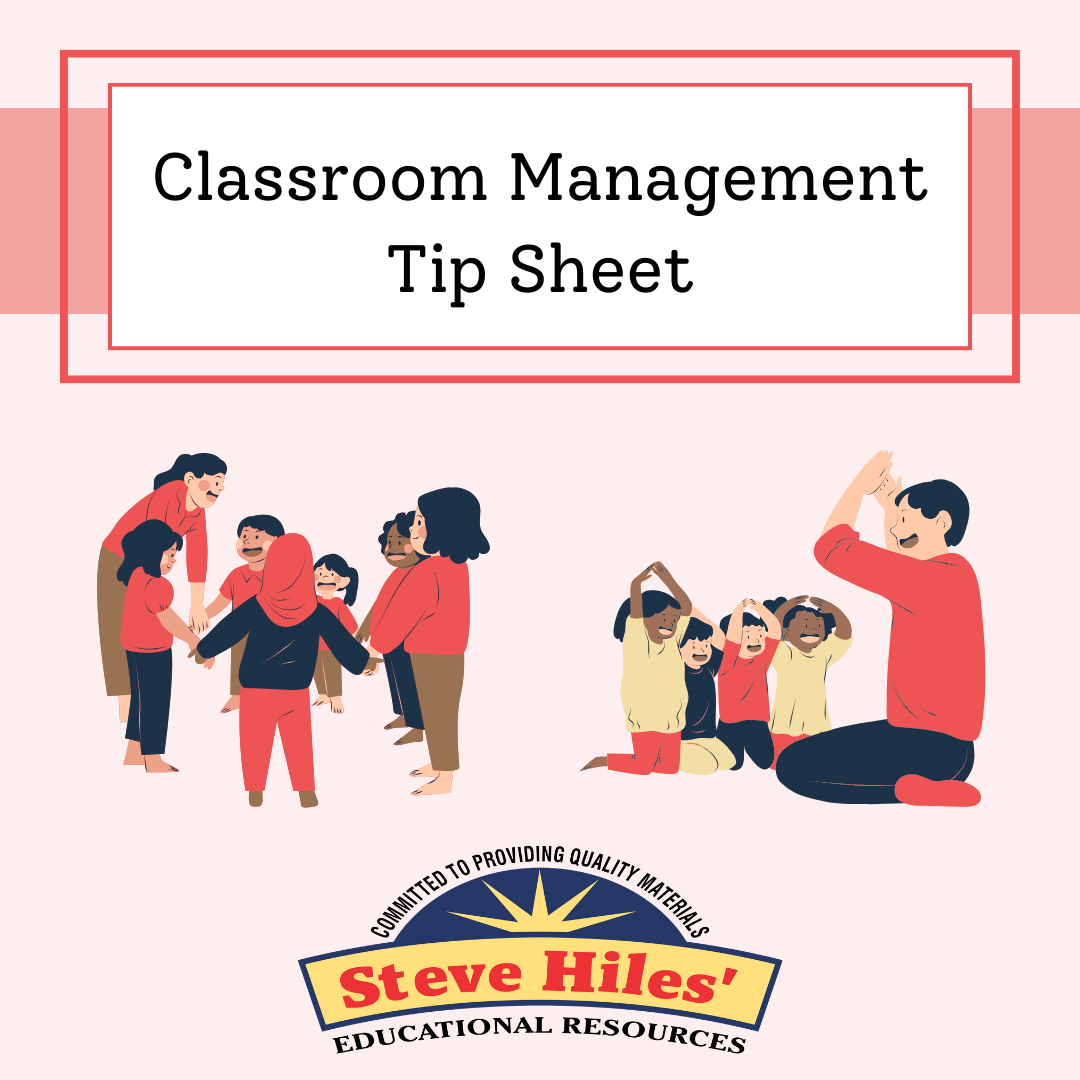Today, we have a topic that’s crucial for educators – especially those who are just starting their teaching journey. We’re going to dive into the art and science of classroom management. Whether you’re a new teacher or a seasoned pro looking for some fresh insights.
Have you ever considered how the skills you develop in classroom management extend far beyond the school walls? The ability to navigate and influence group dynamics is a valuable life skill, and by honing your classroom management skills, you’re not just shaping better students but contributing to the development of responsible and cooperative citizens.
Table of Contents
ToggleUnderstanding the Importance of Classroom Management
To kick things off, let’s talk about why classroom management is so vital. Effective classroom management lays the foundation for a positive and productive learning environment. It’s not just about keeping students quiet; it’s about fostering a space where students feel safe, engaged, and ready to learn. Without solid classroom management, even the best lesson plans can fall flat.
Consider this – a well-managed classroom is like a well-conducted orchestra. Each student is an essential instrument, and your role as the conductor is to bring out the best in every individual while creating harmony within the group. How can you orchestrate your classroom to create a symphony of learning experiences?
Building Positive Relationships
One of the key pillars of effective classroom management is building positive relationships with your students. As a new teacher, take the time to get to know your students individually. Learn about their interests, challenges, and aspirations. When students feel that their teacher cares about them as individuals, they are more likely to cooperate and behave positively in the classroom.
Imagine your classroom as a community where every student feels a sense of belonging. How can you leverage personal connections to create a supportive environment where students not only learn from you but also from each other? Building relationships isn’t just about you and the student; it’s about fostering a sense of unity among the entire class.
Clear Expectations and Routines
Establishing clear expectations and routines is another essential aspect of classroom management. Clearly communicate your expectations from day one. Let students know what behavior is acceptable and what is not. Consistency is key here. When students understand the rules and routines, they feel a sense of structure, leading to a more orderly classroom.
Consider your classroom expectations as the guiding principles that set the tone for a successful learning journey. How can you involve your students in the process of creating these expectations? When students actively participate in setting the rules, they are more likely to take ownership of their behavior, transforming your expectations into shared responsibilities.
Effective Communication
Communication is a two-way street, and effective communication is crucial in the classroom. As a new teacher, make an effort to communicate openly and honestly with your students. Listen to their concerns, and address any issues promptly. Additionally, keep parents in the loop. Regularly updating them on their child’s progress and behavior can help build a supportive network between home and school.
Reflect on the role of communication in breaking down barriers. How can fostering a transparent and open line of communication contribute to a culture of trust in your classroom? When students feel heard and understood, they are more likely to express themselves and engage actively in the learning process.
Positive Reinforcement and Rewards
Instead of focusing solely on consequences for misbehavior, consider the power of positive reinforcement. Recognize and reward students for good behavior and achievements. This can be as simple as verbal praise, stickers, or a small class celebration. Positive reinforcement creates a more positive classroom culture and motivates students to continue their good behavior.
Think of positive reinforcement as the fuel that propels your classroom forward. How can you tailor your reinforcement strategies to cater to the diverse interests and motivations of your students? By understanding what truly inspires each individual, you can create a more personalized and effective approach to recognizing and celebrating their successes.
Flexibility and Adaptability
Classroom management is not a one-size-fits-all approach. As a new teacher, be prepared to adapt your strategies based on the needs of your students. Flexibility is a valuable skill in the world of education. If a particular approach isn’t working, don’t be afraid to try something new. Learn from each experience and be open to adjusting your methods to better suit your students.
Consider flexibility as the cornerstone of innovation. How can you embrace change and experimentation in your teaching style to cater to the ever-evolving needs of your students? The ability to adapt not only enhances your effectiveness as a teacher but also sets a powerful example for your students, showing them the value of continuous learning and growth.

Proactive Strategies
Instead of reacting to misbehavior, consider adopting proactive strategies. These may include implementing engaging lessons, incorporating interactive activities, and providing students with choices. Proactive measures can prevent potential issues before they escalate, creating a more positive learning environment for everyone.
Think of proactive strategies as the compass that guides your classroom journey. How can you proactively create an environment where students are not just passive participants but active contributors to their learning experience? By involving students in decision-making and offering them choices, you empower them to take ownership of their education, fostering a sense of autonomy and responsibility.
Professional Development
Continuous learning is a hallmark of effective teaching. Take advantage of professional development opportunities to enhance your classroom management skills. Attend workshops, conferences, and collaborate with experienced colleagues. Learning from others’ experiences can provide valuable insights and equip you with a toolkit of effective strategies.
Consider professional development as a journey of self-discovery. How can you leverage the experiences of fellow educators to refine and reshape your teaching approach? By actively seeking and embracing opportunities for professional growth, you not only enhance your skills but contribute to a culture of collaboration and shared expertise within the educational community.
Self-Reflection
Classroom management is an ongoing process, and self-reflection is a powerful tool for improvement. Take the time to reflect on your teaching practices regularly. Consider what’s working well and what could be improved. Seeking feedback from colleagues, mentors, or even your students can offer valuable perspectives that contribute to your growth as an educator.
Reflect on self-reflection itself. How can you cultivate a mindset of continuous improvement and self-awareness? The ability to critically assess your teaching methods, embrace constructive feedback, and actively work towards refining your skills is a transformative process. By becoming a reflective practitioner, you not only elevate your teaching but also inspire a culture of lifelong learning in your classroom.
In conclusion, remember, it’s a journey of continuous improvement. By building positive relationships, setting clear expectations, communicating effectively, and staying open to learning, you’ll be well on your way to creating a classroom where both you and your students can thrive.







